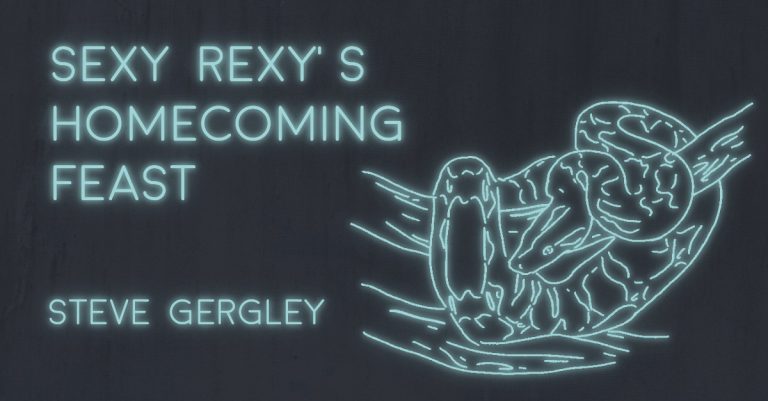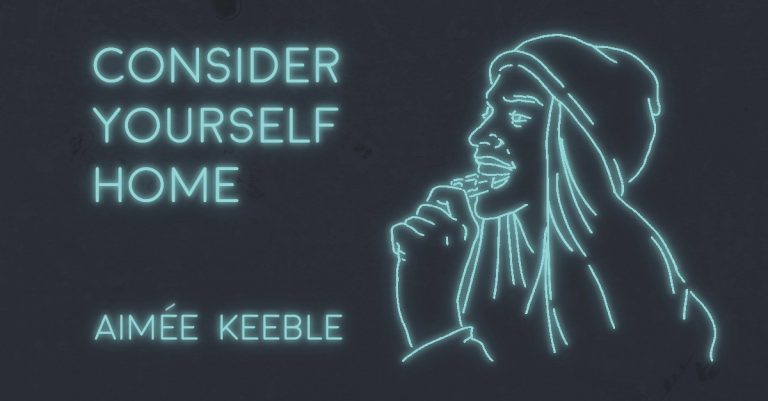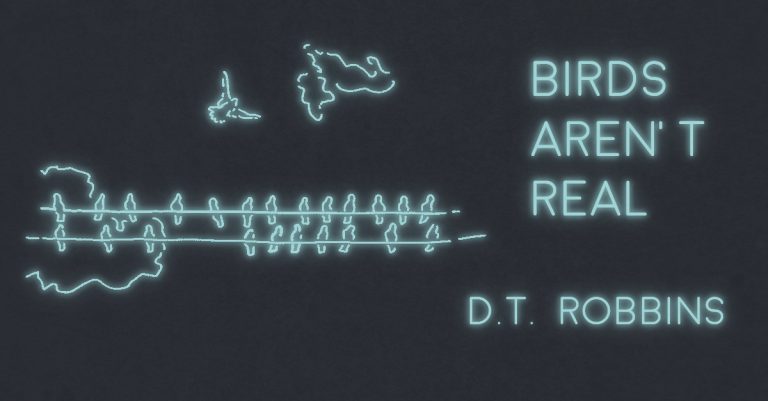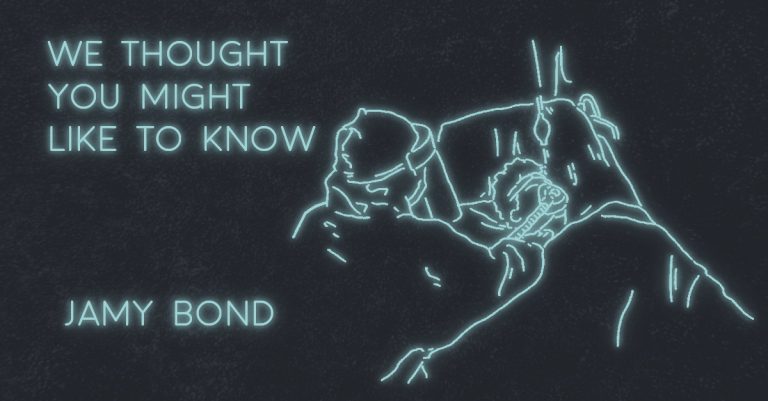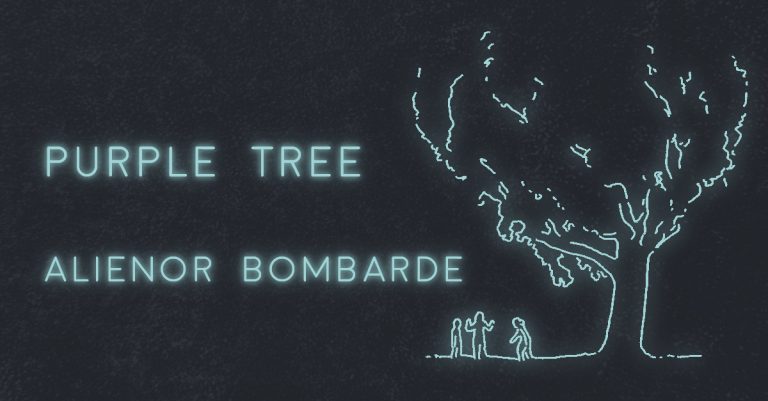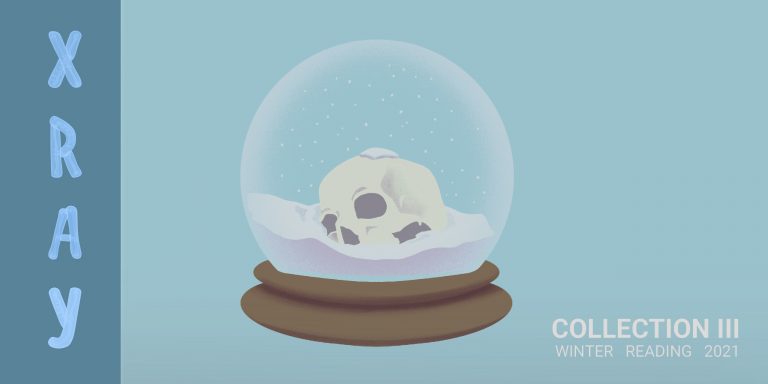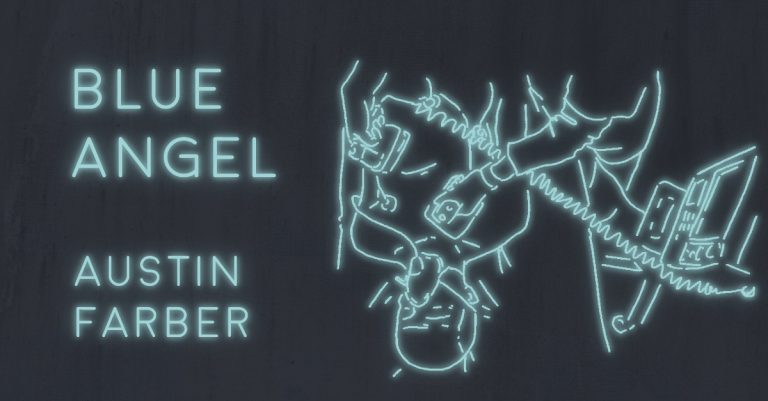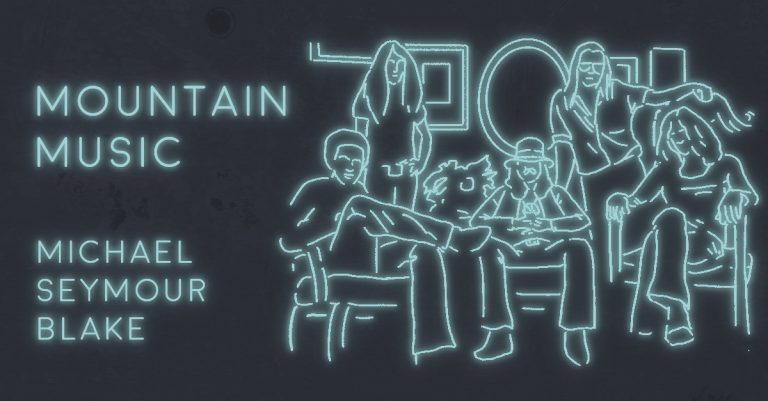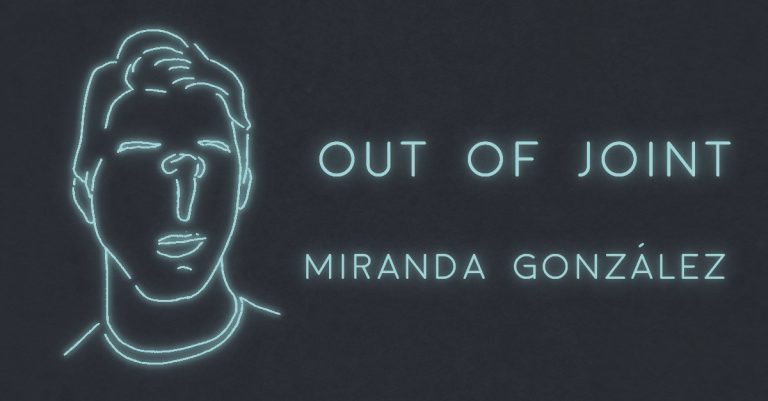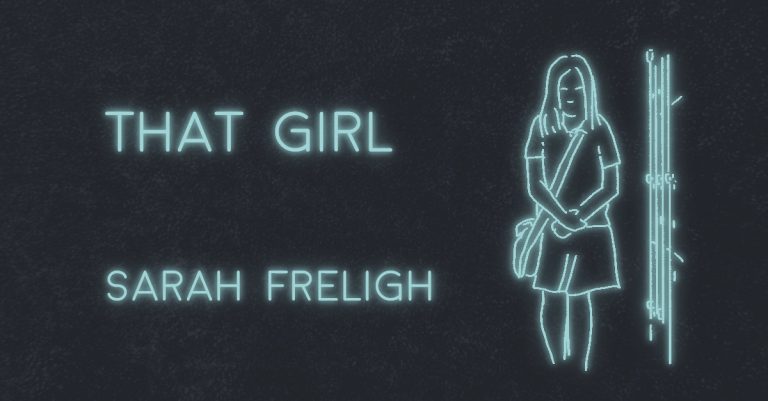
THAT GIRL by Sarah Freligh
we used to laugh at, the girl who walked the hallways head-down, cold-shouldered by lockers, who blistered her fingers twisting Kleenex into flowers for homecoming floats the cool girls would ride on, yeah, that girl was nobody we knew until she went missing and then we remembered how in first grade she peed a puddle that spread and smelled of cheese and fish and scattered the class until the janitor showed up with a broom and a pail of red dust, remembered the Show and Tell in fifth grade when she shared the broken glass she’d found on the street

